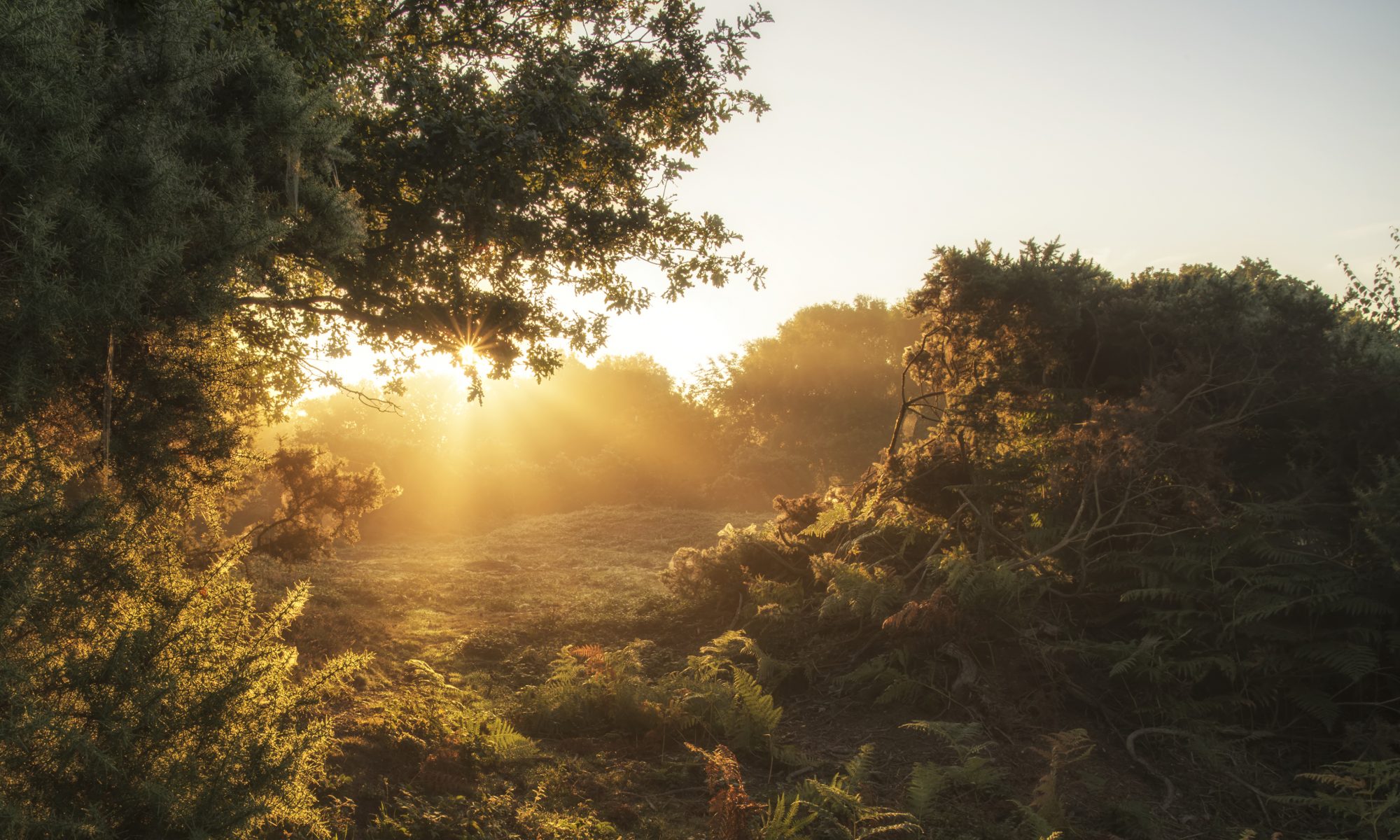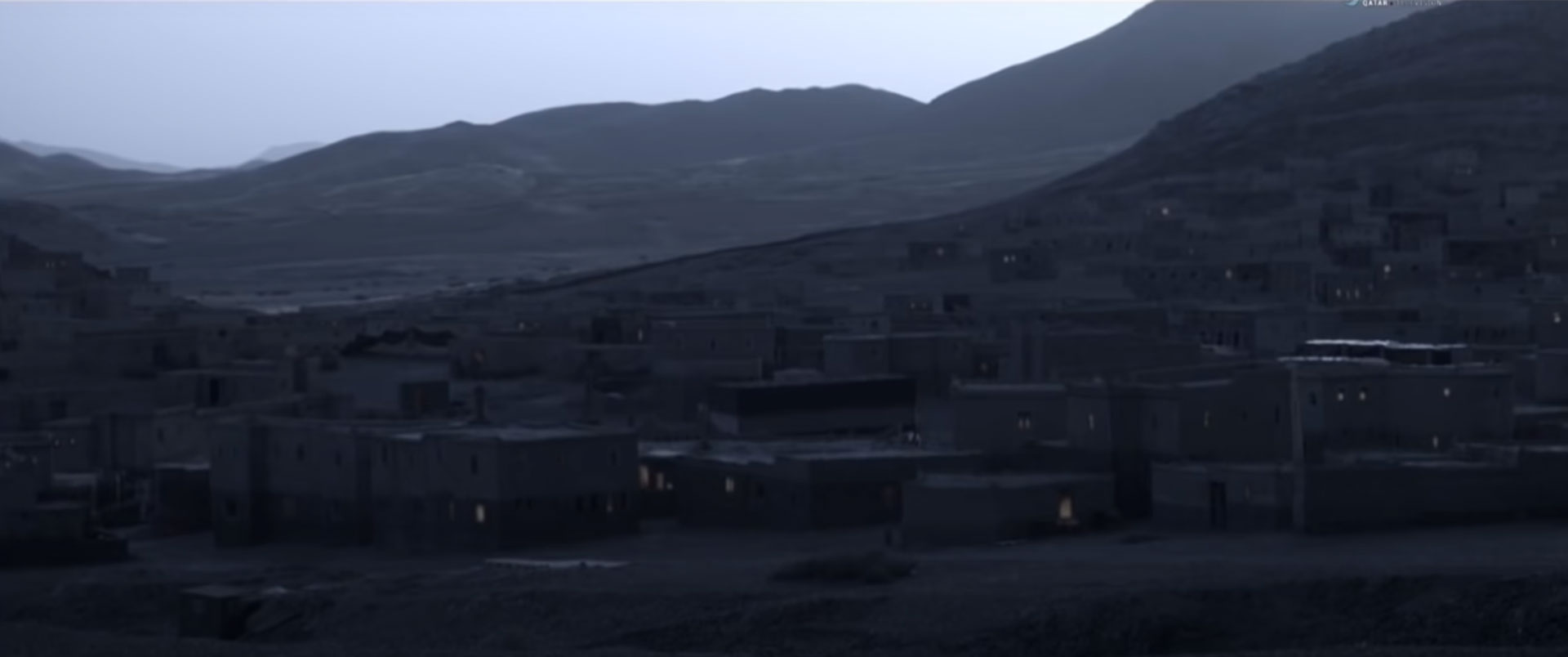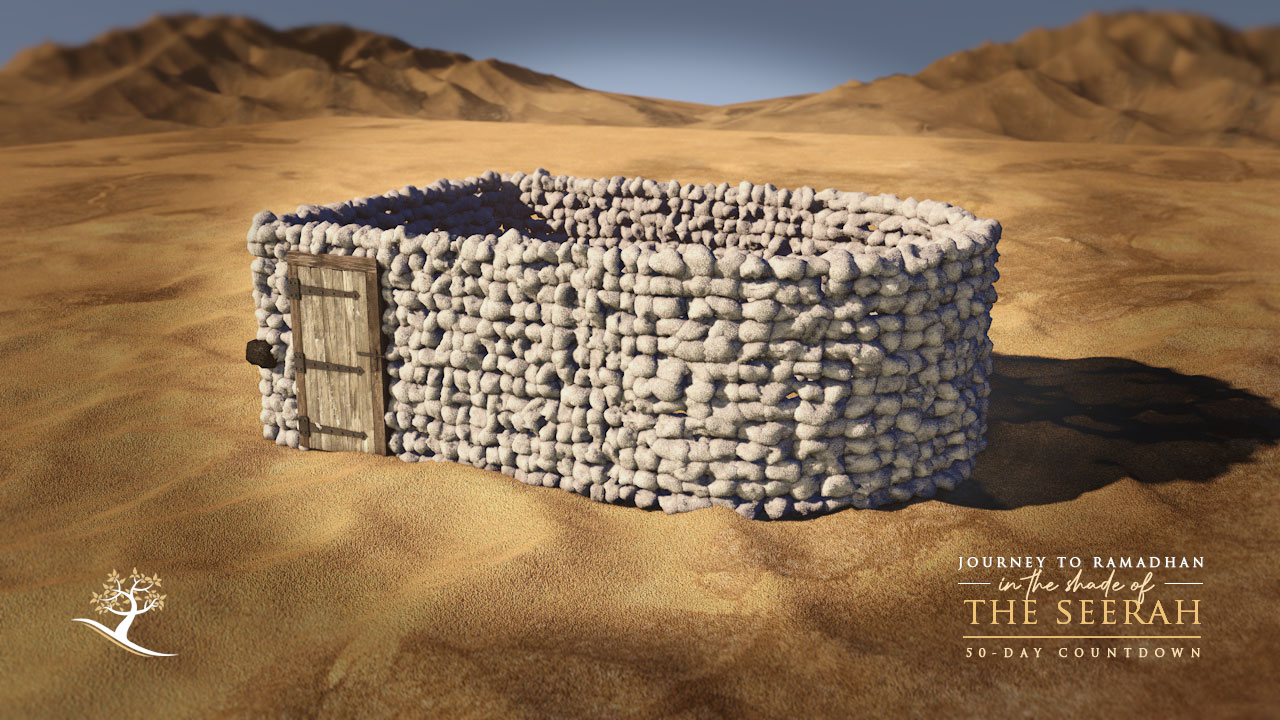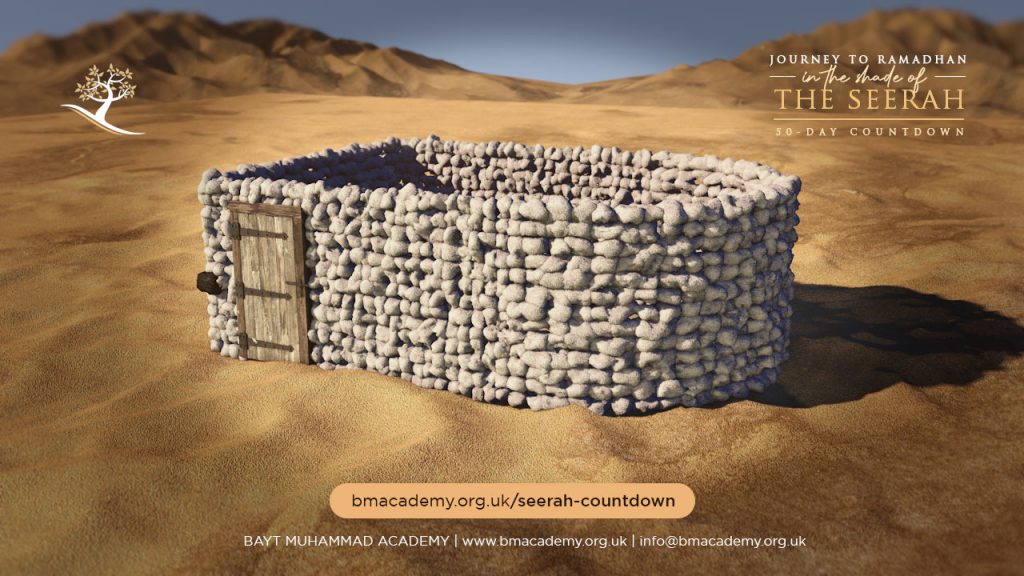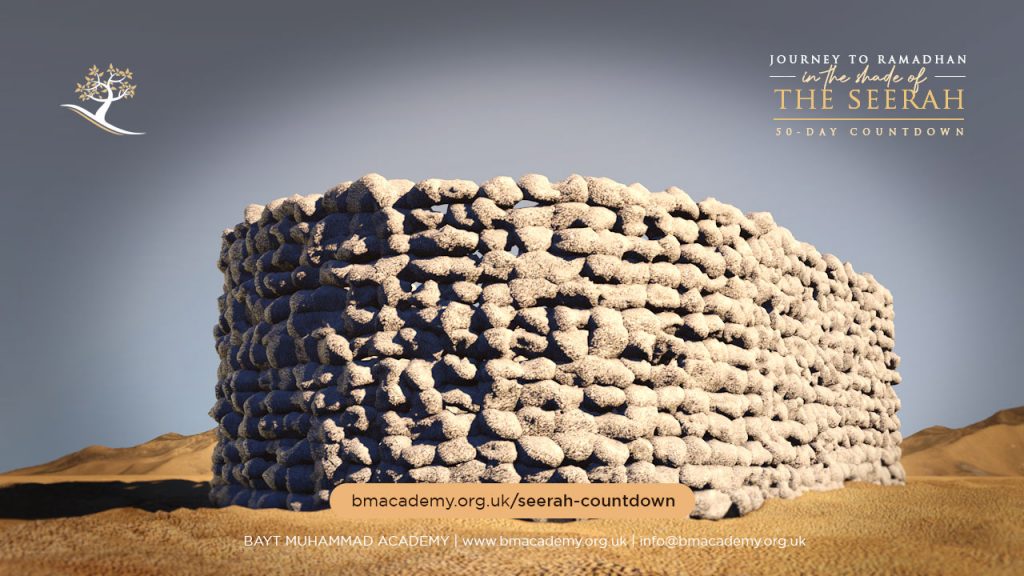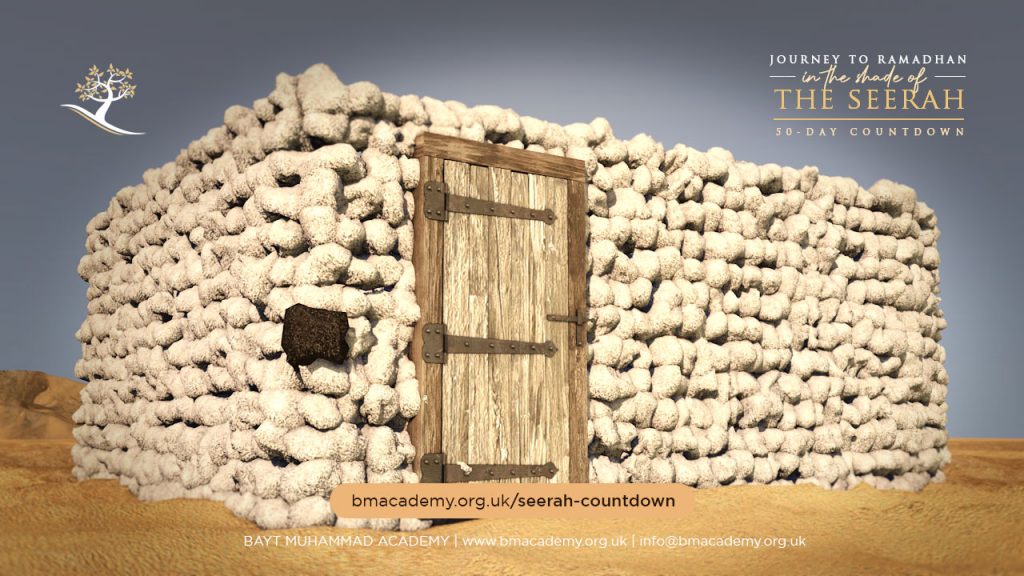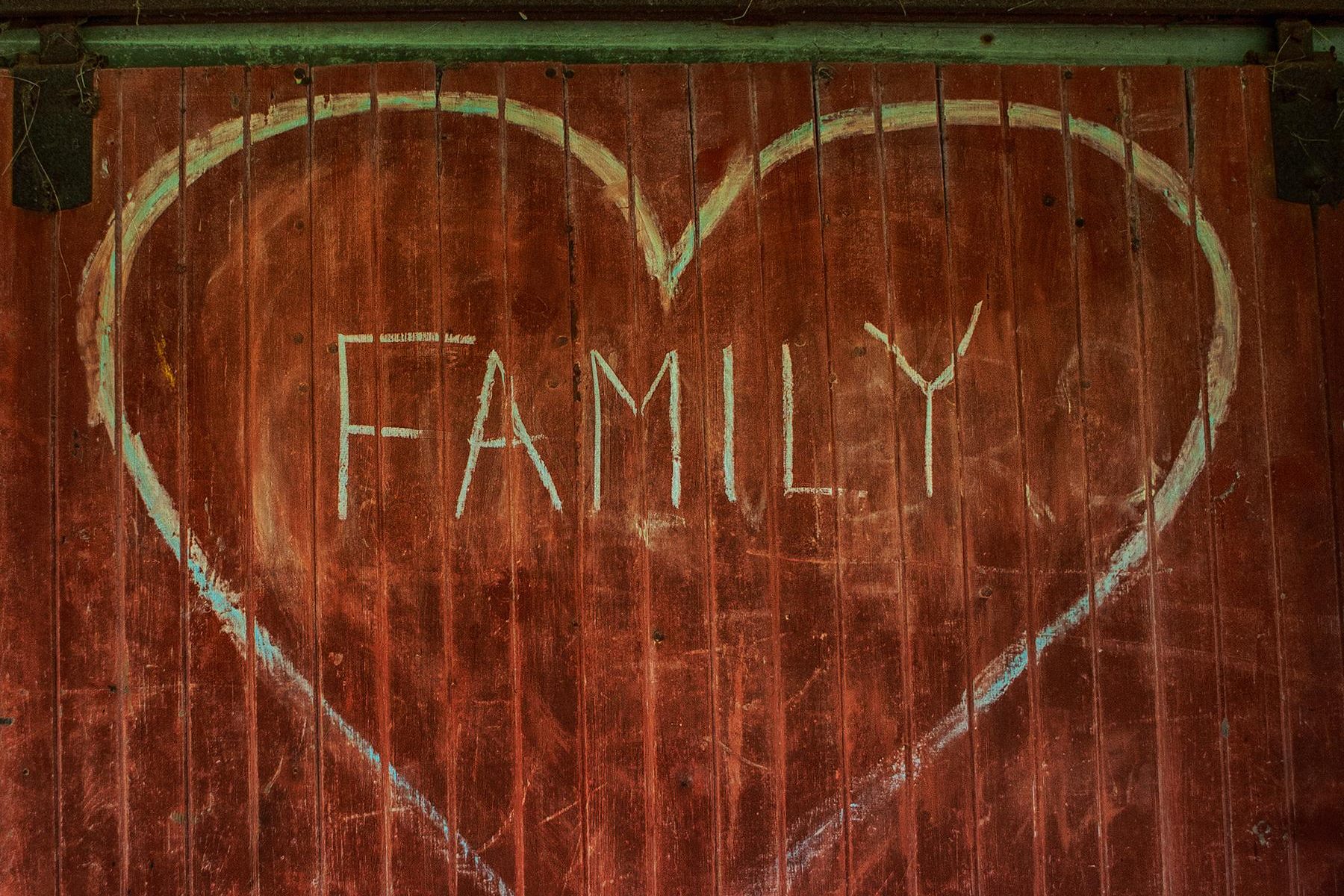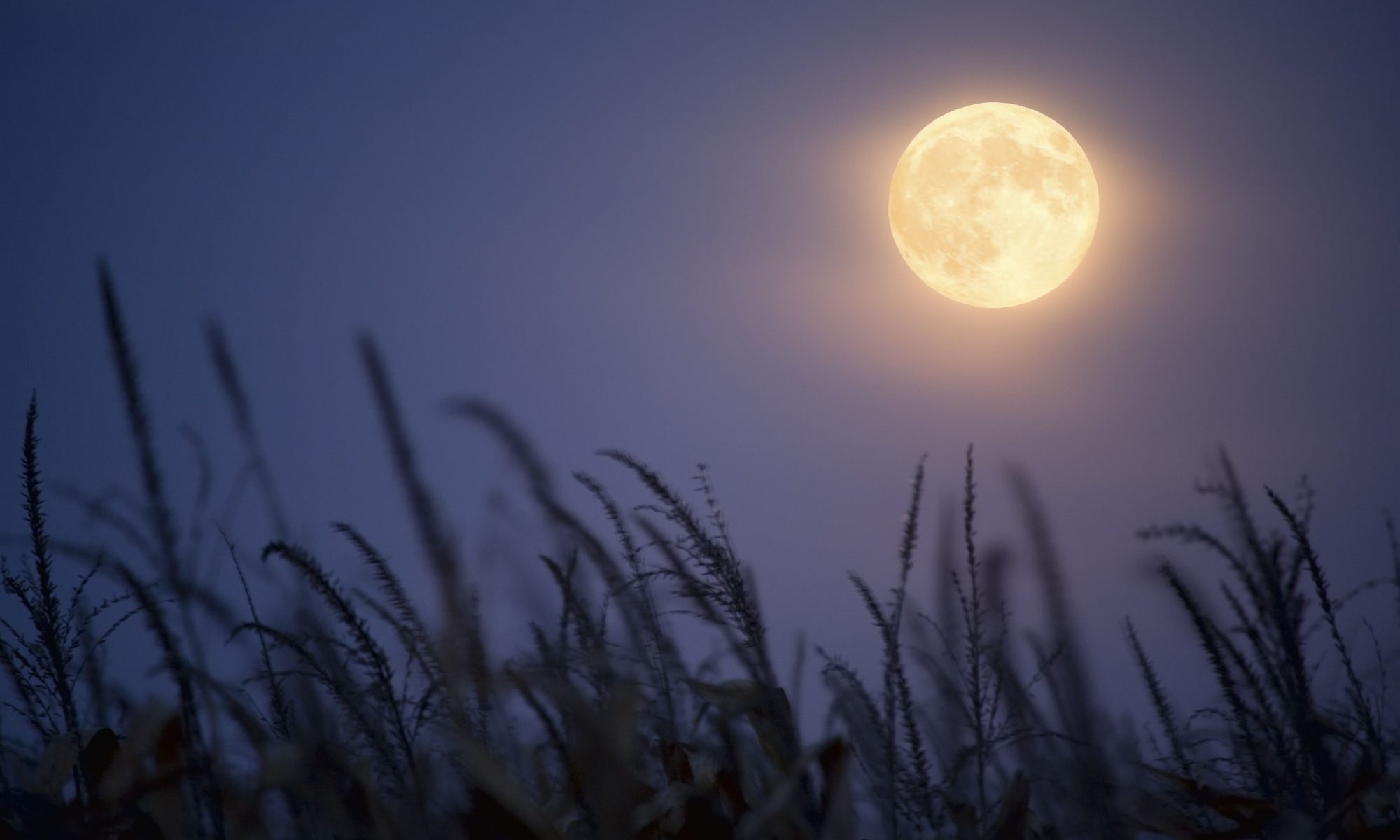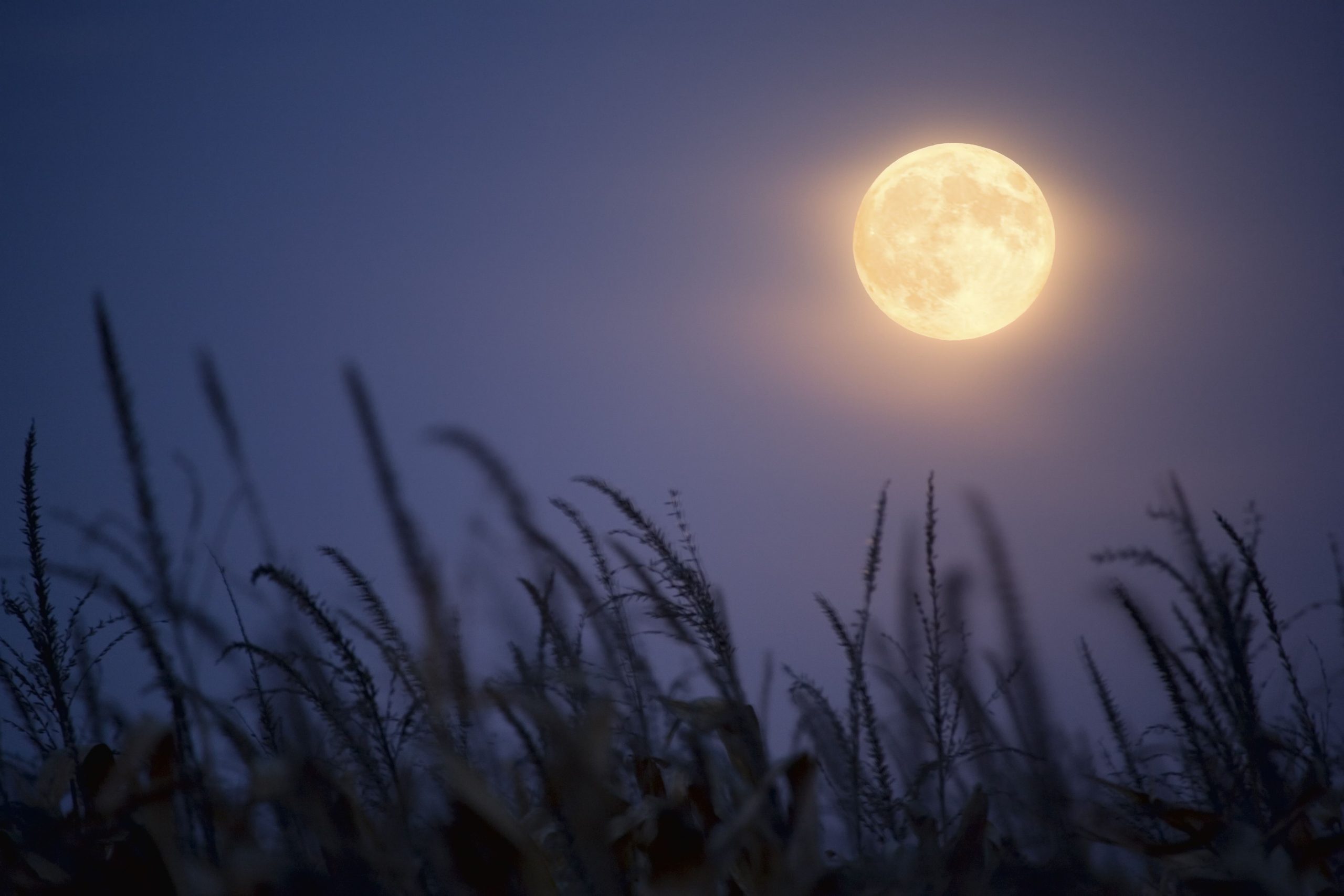بِسْمِ اللّٰهِ الرَّحْمٰنِ الرَّحِيْم
الحمد لله رب العالمين الذي منّ علی المؤمنين اذ بعث فيهم رسولا من انفسهم يتلوا عليهم ايته و يزكيهم و يعلمهم الكتاب و الحكمة و ان كانوا من قبلُ لفي ضلال مّبين
As the Prophet ﷺ began further embracing his divine mission of Prophethood, so did the blessed souls that surrounded him. The likes of Sayyidah Khadijah رضی الله عنها – the blessed wife of the Prophet ﷺ, the blessed children of the Prophet ﷺ, Sayyidinaa Ali ibn Abi Taalib, Sayyidinaa Zayd ibn Harithah , Sayyidinaa Abu Bakr, Sayyidinaa Uthman ibn Affan, Sayyidinaa Zubair ibn al-Awwam, Sayyidina Abdur-Rahman ibn Awf, Sayyidinaa Saa’d ibn Abi Waqqas, and the rest of blessed early pioneers would privately meet with the Prophet ﷺ to learn about Islam at every opportunity they could, رضي الله عنهم أجمعين. During this period the Prophet ﷺ continued to privately call those closest to him towards the message of Islam.
Phase 1: The Secret Call
This period was known as the “Secret Call”, the first three foundational years of the Prophet’s ﷺ mission. During these years the Prophet ﷺ would build the alliance of the first believers, re-introducing their yearning souls to the one they yearned for: Allah سبحانه و تعالی. The Prophet ﷺ would spread light of Imaan and Tawheed as his Nubuwwah began to flourish in the depths of the night. By day, the leiges of Jaahiliyyah, would continue their reign of Kufr (Disbelief) and Dhulm (Oppression), fuelled by the darkness of their materialistic passions, driven by the devils that flowed within them like the blood that coursed through their veins. But by night – and in the depth of the shadows – a man of light whom was free of any shadow would rise as a radiant moon to purify the soul of Makkah, and ward off the Shayateen (Devils).
The Prophet ﷺ would gather those who possessed souls of beauty, to remember the name of Allah سبحانه و تعالی, to listen to the Qur’aan and to learn about their Lord. These slowly became gatherings of light in the midst of the night, that would invite the presence of Angels commanded by Allah سبحانه و تعالی to soar the earth in search of such congregations. This was a period of laying the foundations of the Prophet’s ﷺ epic mission, which would soon become an unstoppable force of light, covering the horizons. It was a time of silent acts with powerful effects. A time of remembrance and patience. A time to develop themselves first, and work on the inner aspects of Imaan, until the time would come for it to shine forth from within their hearts. Allah سبحانه و تعالی was preparing His Beloved Messenger ﷺ, and the early Sahabah رضی الله عنهم around him ﷺ for their great mission ahead. They were being prepared to subdue their own selves to the Lord of the Worlds, before they could subdue the world. He سبحانه و تعالی was preparing them for the realisation that it is not the brightest minds, nor the loudest voices, but rather the brightest hearts that can change the world – forever…
But as this blessed group began to grow, they needed a base to operate from. A place to congregate with the Prophet ﷺ and learn each night.
Daar Al-Arqam
From amongst the earliest of companions to accept Islam was Sayyidinaa Arqam ibn Abi Al-Arqam رضی الله عنه. He would be as early as the seventh or eighth person to become a companion of Our Beloved Prophet ﷺ. His house was located in the blessed precincts of Mount Safa, and was an ideal location for the Sahaabah to meet with the Prophet ﷺ. Realising the utmost need at hand, Sayyidinaa Arqam رضی الله عنه dedicated this house of his for the sake of Allah سبحانه و تعالی, and for the mission of the Prophet ﷺ. His home would become the very first Madrasah of Islam, the Madrasah of the Prophet ﷺ. By day it would be the Daar (Home) of Arqam رضی الله عنه, and by night it would become the Bayt of Muhammad ﷺ and his very first pioneering students. This small house would be accepted by Allah سبحانه و تعالی as the humble foundation for the spread of His Deen. It was small yet vastly expansive in reach. Silent in operation but unstoppable in effect.
Cultivating Minds & Hearts through the Power of Knowledge
It would be the first station of ‘Ilm (Knowledge) for the companions. From here the vital importance of this ‘Ilm would be perpetuated. It was from within these blessed walls that Our Beloved Prophet could cultivate minds and hearts through the power of knowledge. The cultivation of these blessed souls would become the foundation upon which men and women of piety and purity could embark upon cultivating entire communities with the Prophetic light.
Greatness of Purpose, Smallness of Means
And thus, with these limited worldly resources he ﷺ began his mission in the humblest manner: A handful of students quietly whispering in darkest night, enclosed in the small house of Al-Arqam in the vicinity of Mount Safa. But one day His ﷺ Ummah would congregate to form the largest annual gathering in the world, glorifying their Lord in brightest day, in the open expanse of the Masjid Al-Haram, the largest structure in Makkah Al-Mukarramah.
Astounded by the effect of this humble foundation that led to such momentous triumph, the renowned French writer and historian comments on Our Master Muhammad ﷺ :
“If greatness of purpose, smallness of means, and astounding results are the three criteria of human genius, who could dare to compare any great man in modem history with Muhammad? …the founder of twenty terrestrial empires and of one spiritual empire, that is Muhammad. As regards all standards by which human greatness may be measured, we may well ask, is there any man greater than he?”
– Alphonse de Lamartine | HISTOIRE DE LA TURQUIE, PARIS 1854, VOL. 11, PAGE 276-77
The Sacrifice of Knowledge
This blessed house continued to aid the growth of Islam, and drew more hearts towards it, until it housed a gathering of over forty blessed Sahabah, including men, women and children. But these blessed companions would risk their lives each day and night, with an unwavering desire to sacrifice everything for the chance to sit in the noble countenance of the Prophet ﷺ, and feel drawn to Allah سبحانه و تعالی through him ﷺ. Amongst them were companions who would risk being spotted or captured by their so-called masters – many of whom were from the rich and oppressive chieftains of Quraysh – as they stealthily escaped from the captivity of their slave-huts. As each day passed their hearts were withdrawn from the deep-rooted materialism of this world, and were transitioning to the realm of realities. They began feeling like strangers and travellers in this fleeting world. Their homes slowly became temporary residences during their stop in this finite abode. Work, trade or any task of the day soon became a formality they had to endure, whilst studying with the Prophet ﷺ became a reality they yearned to flee back towards. Their sacrifices would cement their place in the blessed heart, and mission of the Prophet ﷺ, in this world and the Aakhirah.
Salaah – The First Worship
During this period Sayyidinaa Jibra’eel علیه السلام visited the Prophet ﷺ and demonstrated the performance of Wudhu (Ablution) as a form of ritual purification for Allah سبحانه و تعالی. He علیه السلام also demonstrated the performance of Salaah, showing how to stand, bow and prostrate to Allah سبحانه و تعالی just as every prophet before was commanded to do so. In time the Prophet ﷺ taught the first believers the method of Wudhu and Salaah, along with the recitation of the Qur’aan. Thus, the worship of the one true creator had begun, and the air of Makkah began to change. In isolation and congregation, the Blessed Prophet ﷺ, his family and the Sahaabah would worship Allah سبحانه و تعالی, the only one worthy of worship.
As these blessed souls continued to grow, and become the first to stand beside the Prophet ﷺ, the light of Tawheed (Oneness of Allah سبحانه و تعالی) began to flourish. By day, the devils of flesh continued to darken Makkah, upholding the practices of Jaahiliyyah, and meeting in Daar Al-Nadwah (The Parliamentary Lair of the Leaders) to pursue their greed of worldly status and riches. By night, Makkah would become illuminated, as the Radiant Moon ﷺ would rise, whilst his shining stars would risk their lives to gather around him ﷺ, to uphold the pure teachings of Islam, gathering in the blessed Daar Al-Arqam to pursue the life of the Aakhirah (Hereafter). For the next three years, this phase of the secret call would continue, until the light of Islam began to spread like the rays of the morning sun tearing through the darkness of the night. The echoes of Laa Ilaaha Illallah! (There is no god except Allah!) reverberated throughout the air, and even began faintly reaching the ears of the leaders of Quraish. There was a change in the air, and the hearts that possessed darkness and disbelief began feeling challenged by this change. Their eyes were now set like hawks, to find the source of this tremor they felt. Their minions would begin reporting back to them daily, as rumours began to emerge of a new Prophet, who calls to the one Almighty Allah.
Join us tomorrow as we continue in the blessed Seerah with the next article “The Open Call: 3rd Year of Prophethood”
